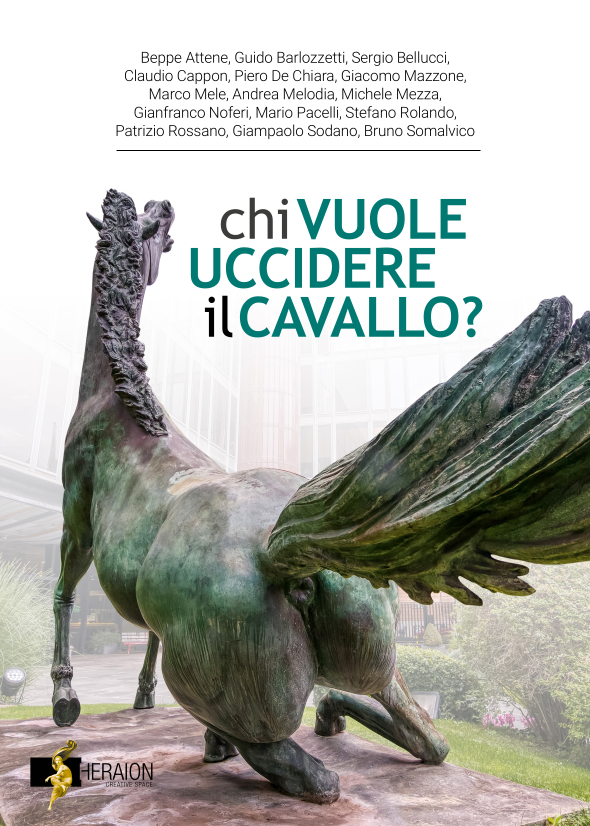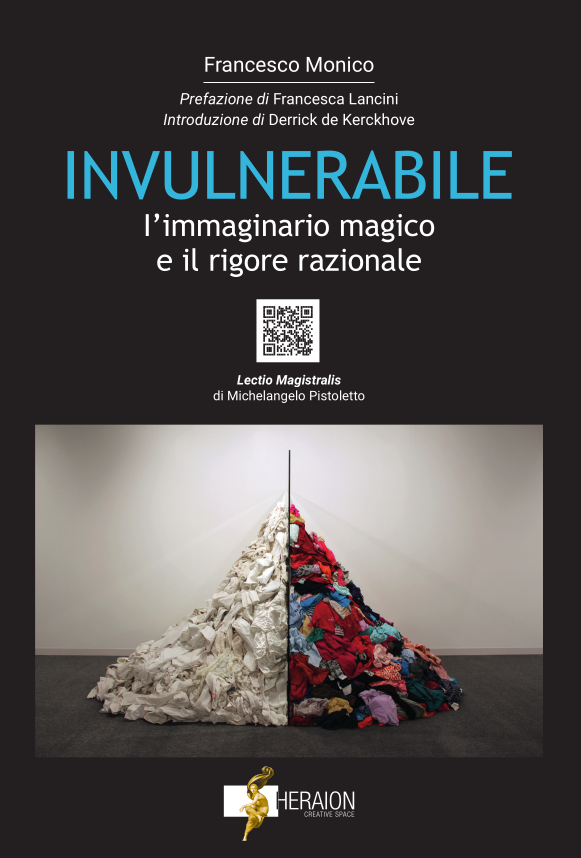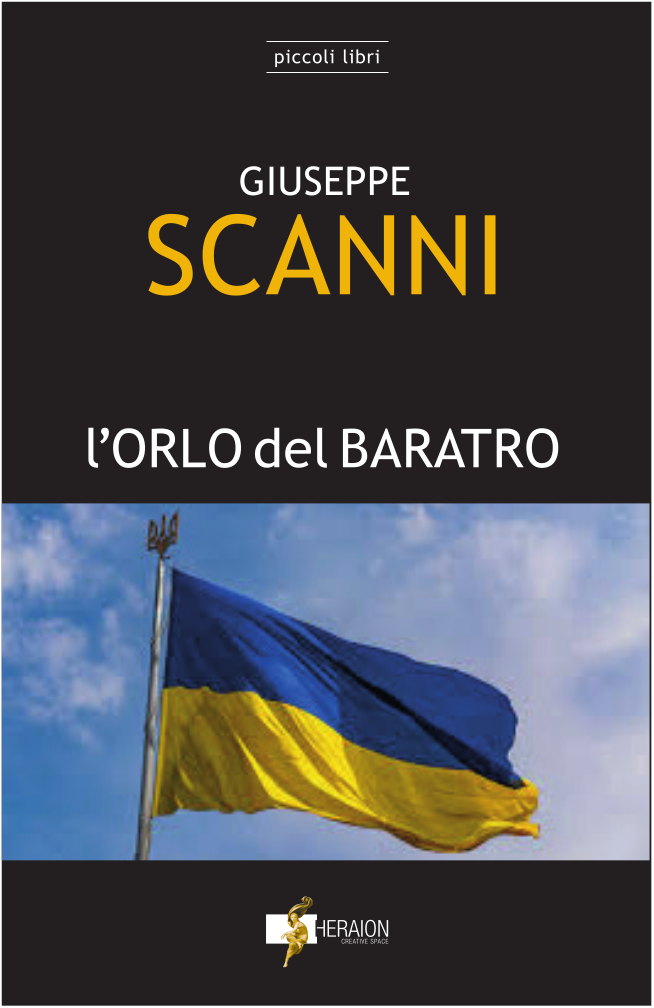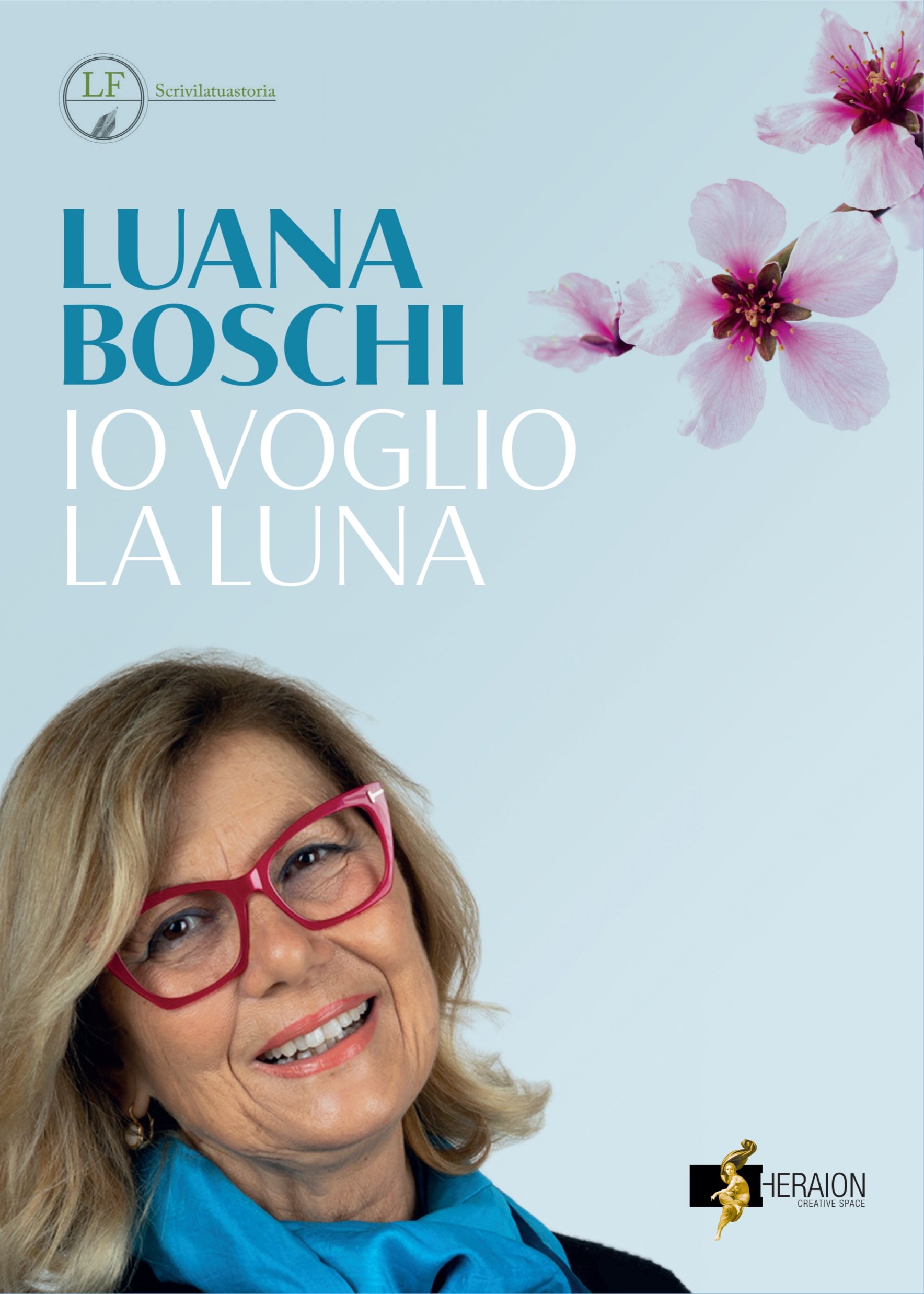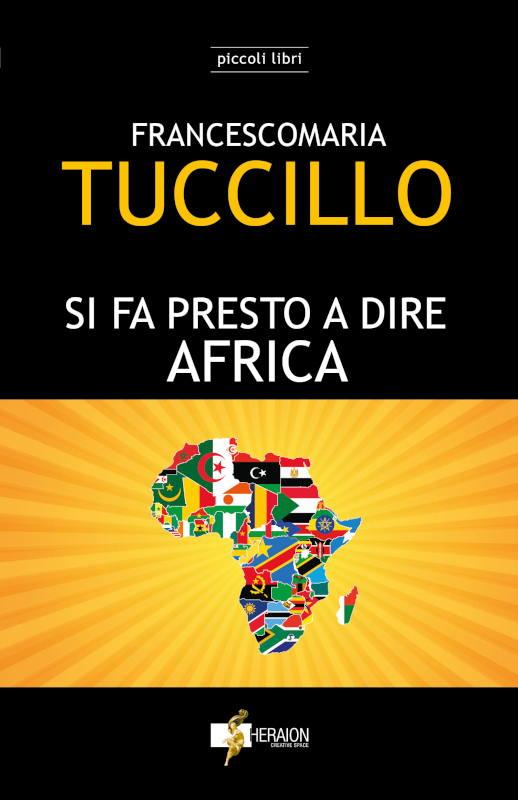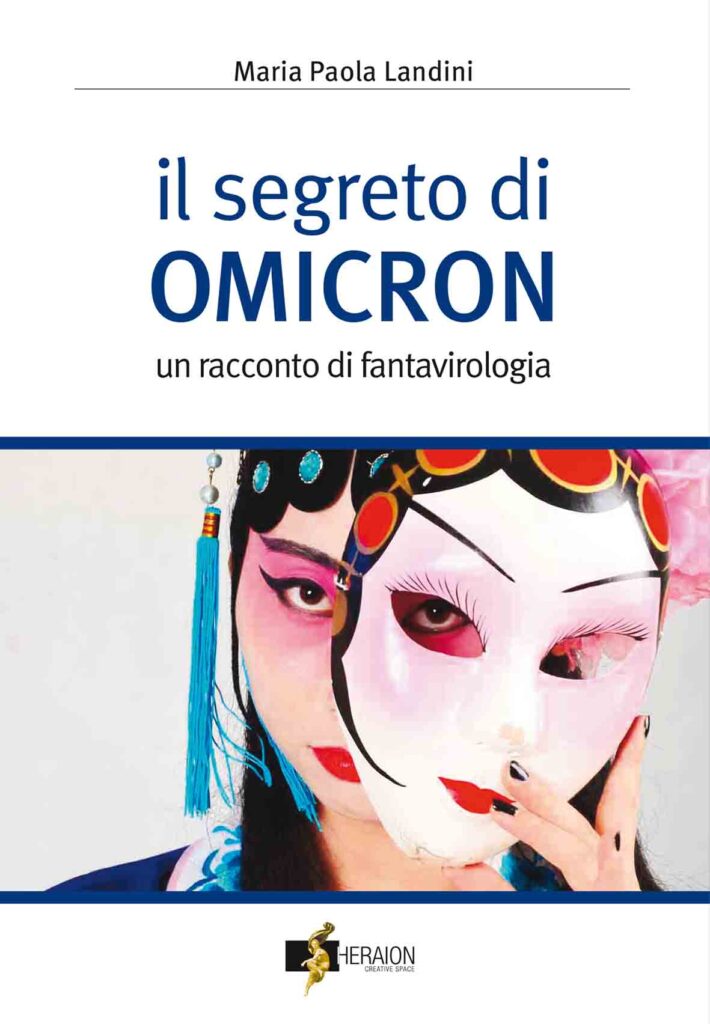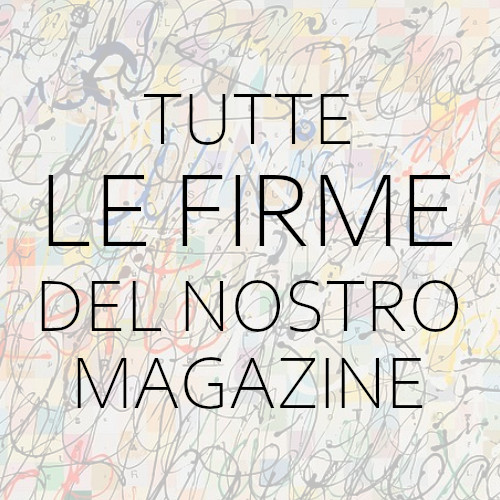New Political Science: Niccolò Machiavelli and Francesco Guicciardini
Riccardo Piroddi
Abstract: Niccolò Machiavelli e Francesco Guicciardini sono state due figure fondamentali nel rinnovamento del pensiero politico del Rinascimento italiano. Machiavelli, con il suo realismo politico, rifiutò le concezioni tradizionali basate su etica e religione, affermando l’autonomia della politica e sottolineando la necessità di un governo forte e pragmatico. Le sue opere principali, Il Principe e Discorsi sopra la prima deca di Tito Livio, analizzano la natura mutevole del potere e l’importanza della virtù (intesa come abilità politica) e della fortuna nelle decisioni strategiche di un sovrano. Egli considerava la politica come un’arte pratica, svincolata da leggi universali e fondata sulla gestione efficace del potere, anche a scapito della moralità.
Francesco Guicciardini, pur condividendo il pragmatismo di Machiavelli, adottò un approccio più tecnico e istituzionale. La sua esperienza diretta nel governo gli permise di sviluppare una visione politica basata sull’equilibrio delle istituzioni e sulla necessità di un governo guidato dagli ottimati, ossia dagli individui più capaci ed esperti. Egli propose un modello politico che evitasse sia il dominio assolutista sia l’instabilità delle masse, promuovendo invece un sistema bilanciato tra diverse forze istituzionali. Il suo pensiero anticipò alcuni concetti moderni sulla separazione dei poteri e sulla necessità di una governance efficiente e stabile.
Entrambi gli autori fornirono contributi essenziali alla scienza politica moderna, sebbene con prospettive differenti: Machiavelli si concentrò sulla conquista e il mantenimento del potere con un approccio spregiudicato, mentre Guicciardini enfatizzò l’importanza delle istituzioni e della competenza nella gestione dello Stato.
Niccolò Machiavelli and political realism
Niccolò Machiavelli ushered in a transformative era of political philosophy, moving away from the traditional focus on speculative, ethical, and religious frameworks. Instead, he concentrated on developing original and autonomous principles that prioritized real-world politics over abstract morality. Born in Florence in 1469, Machiavelli served as Secretary of the Florentine Republic for fourteen years, from 1498 until 1512, when the de’ Medici family regained power, forcing him into political exile. Stripped of his governmental and diplomatic duties, which he considered his true calling, Machiavelli lived the remainder of his life outside Florence, never again returning to public office.
His most influential works, Discourses on Livy (1513–1519) and The Prince (1513), were written during this period of exile. Through a deep exploration of human nature, Machiavelli observed that core aspects of political life—freedom and necessity, virtue and fortune, politics and morality, passion and reason—are in constant conflict and cannot be harmonized into a universal system. As human instincts, emotions, and rationality are inherently mutable, he concluded that no political science can be grounded in immutable laws, as these dynamics defy simplistic, universal categorization, particularly in the realm of political action.
Politics, according to Machiavelli, is not a science governed by universal laws but rather a practical art or technique designed to manage and resolve individual and social conflicts. In his view, politics operates independently from ethics, and its primary concern is shaping the destiny of humanity. This clear separation from moral considerations marked a departure from earlier philosophical thought, as Machiavelli emphasized the autonomy of political action.
Drawing from both his personal political experience and classical literature, Machiavelli developed several core beliefs that underscored his political realism and heavily influenced his later contributions to political science. Central to these convictions was his belief in the inherently corrupt nature of humanity—an anthropological pessimism that suggested human nature is fundamentally unchangeable. He argued that politics and ethics are irreconcilable, as there is a perpetual conflict between the reality of human existence and the ideal of how things should be. Furthermore, his interpretation of virtù—the qualities a ruler must possess—differed sharply from the traditional moral understanding, focusing instead on the effectiveness of a leader in navigating the unpredictable forces of freedom and fortune. For Machiavelli, the unpredictability of political life, shaped by luck and human agency, precluded the possibility of eternal political principles.
Machiavelli rejected the idea that the study of history could provide enduring lessons for political conduct, as the uniqueness of each political situation defies generalization. Instead, his works, especially The Prince, serve as pragmatic handbooks for rulers, offering practical advice on how to maintain power, avoid pitfalls, and effectively govern. His focus was not on abstract theory but on the concrete actions and strategies necessary to lead a state successfully.
The Prince stands as a seminal work defined by its uncompromising and direct political realism, with its primary focus being the creation and consolidation of a strong, unified state. The political landscape of Italy during Machiavelli’s lifetime serves as the essential backdrop for the text. Following the Peace of Lodi in 1454, Italy experienced a relatively stable period, with the Italian states maintaining balance and cooperation in their relations. However, this equilibrium was shattered after the death of Lorenzo the Magnificent in 1492, the principal architect of this fragile peace.
The situation worsened dramatically in 1494 when Charles VIII of France invaded the Italian peninsula, exposing the vulnerability of Italy’s fragmented states against foreign powers. This event marked the beginning of a period in which Italy became a battleground for the ambitions of France and Spain, plunging the peninsula into a state of subjugation that would last until the mid-16th century.
Machiavelli’s work emerged from his deep sense of disillusionment at Italy’s decline and his desire to craft a political strategy capable of reversing its fortunes. In The Prince, Machiavelli proposes a blueprint for restoring Italy’s strength, advocating for a pragmatic approach to statecraft that prioritizes effectiveness and survival over moral considerations. His work reflects a keen understanding of the necessity for political power and the means required to achieve it, rooted in a clear-eyed assessment of Italy’s precarious position within the broader European context.
Machiavelli, in opposition to the idealistic utopianism prevalent in his time (with The Prince written in 1513, and Utopia by Thomas More in 1516), proposed three key paradigms for establishing a stable and enduring state. First, he emphasized the necessity of maintaining a state’s own military force rather than relying on mercenaries, who he believed were unreliable and dangerous. Second, Machiavelli advocated for the strategic protection of religion, not for its spiritual or moral dimensions, but for its ability to instill obedience and unity among the people. In this context, he favoured pagan religions over Christianity, as paganism promoted values such as heroism, patriotism, and active engagement with the world—qualities he deemed essential for the survival of the state.
The third paradigm relates directly to the ruler’s personal conduct, where the prince must approach politics with a pragmatic detachment from conventional morality. Machiavelli believed that a successful ruler must operate independently of ethical considerations, guided solely by the goal of maintaining and strengthening the state. The often-cited motto, “The ends justify the means,” reflects this perspective. For Machiavelli, if the ultimate goal of politics is the stability and survival of the state, then the means by which this goal is achieved—regardless of their moral implications—are justified.
This pragmatic and sometimes ruthless political realism is what defines Machiavelli’s thought. His work departs from traditional moral philosophy by recognizing that political power and statecraft demand flexibility and, at times, actions that may conflict with religious or ethical principles. It is this departure from idealism that gives Machiavelli’s work its distinctive and influential character.
A distinctive element of Machiavelli’s political philosophy lies in his treatment of the relationship between Virtù and Fortuna, two concepts that were widely debated in the 15th century. Both are approached by Machiavelli in a thoroughly secular way. Fortuna represents the unpredictable, often capricious forces of fate that shape the external circumstances a person must navigate. It is the set of unforeseen events and challenges that arise, requiring a response. Virtù, on the other hand, refers not to moral virtue, but to the qualities of decisiveness, cunning, and strength of character—qualities that enable an individual to effectively manage the opportunities and challenges presented by Fortuna. The individual’s success depends on their ability to adapt to changing circumstances, making bold and strategic choices to achieve their goals, including acts as drastic as declaring war when necessary, without being constrained by ethical or moral considerations outside of political expediency.
An interesting tension in Machiavelli’s political thought arises in his discussion of the ideal form of government. He does not rigidly advocate for a single form of governance, whether a principality or a republic. Instead, his political realism allows for flexibility, driven by the demands of the historical and social context. In Discourses on Livy, Machiavelli appears to favour the republican model, particularly the Roman Republic, which he admired for its emphasis on liberty and virtuous customs. However, in The Prince, he clearly supports the principality as the most effective means of establishing and maintaining a strong, centralized state, especially in light of Italy’s fractured condition.
What is paramount for Machiavelli is not the form of government, but the establishment of a powerful and stable state that can end the chaos and foreign domination plaguing Italy. His pragmatic approach emphasizes that the specific institutional framework—whether a republic or a principality—is ultimately secondary to the pressing need for a strong, decisive leadership capable of uniting the state and asserting its power. This pragmatism, unbound by pre-established ethical or political doctrines, defines Machiavelli’s unique contribution to political thought.
Francesco Guicciardini: a political “technician”
Francesco Guicciardini, born in Florence in 1483, represents the growing class of intellectuals in the fifteenth and sixteenth centuries who combined scholarly pursuits with active roles in governance, often as civil servants. Unlike Machiavelli, whose political career was marked by exile and frustration, Guicciardini enjoyed significant success, holding prominent positions under the Florentine Republic, the Medici family, and later, the papacy.
Guicciardini’s political thought navigated between two main concerns: the crisis of his time, marked by political and military upheavals, and the imposition of order by those in power, who could mitigate social unrest and restore stability. His vision aimed to protect Italy from external threats, particularly invasions by foreign powers (often referred to as “barbarians”), and from the oppressive dominance of the clergy over the Italian states. Guicciardini did not theorize about an ideal or “perfect” state; rather, he focused on the practical and technical aspects of governance, offering his expertise to improve the efficiency and functionality of political institutions.
In this sense, Guicciardini can be seen as a constitutionalist, with his attention dedicated to the analysis of institutional structures, their competences, relationships, and balance. He emphasized the importance of the optimates—the most capable and experienced individuals—who, in his view, should lead the governance of the state. His approach was pragmatic, grounded in experience rather than idealism, and aimed at ensuring that governance was handled by those best suited for the task.
Following the expulsion of the Medici in 1494, Florence established a republic, with the Consiglio Maggiore (Great Council) as its central governing body. Guicciardini’s political career flourished in this changing landscape, as he navigated the complexities of Florence’s republican and later Medicean systems, always with an eye toward institutional stability and practical governance.
The Consiglio Maggiore, established after the expulsion of the Medici, represented a significant shift in Florence’s political structure. Unlike previous governing bodies that were dominated by the old nobility, the new Consiglio included a broader section of the population. In addition to families from the traditional aristocracy, the council also comprised many members of the emerging bourgeoisie and commercial classes. This more inclusive composition reflected the changing social dynamics of the city, but it also led to intense political tensions.
The early years of the Republic were marked by conflicts between the aristocratic elites and the newly empowered bourgeoisie, with the former resisting the more “democratic” reforms proposed by the latter. These tensions were exacerbated by the Consiglio’s responsibility for electing the city’s magistracies, positions that wielded significant executive power. The constant struggle for control over these offices intensified factionalism within the council.
In response to the instability caused by these internal conflicts, a major institutional reform was introduced in 1502, establishing the office of Gonfalonier for life. This role, intended as the supreme magistracy, was designed to provide greater stability to the government, counteracting the frequent turnover of officeholders due to the laws on rotation, which had previously contributed to political volatility.
It was within this complex political landscape that Francesco Guicciardini developed his political thought. Reacting to the ambitions, infighting, and laxity of the ruling classes, Guicciardini advocated for a government capable of addressing the “particulare”—that is, the individual interests and factional struggles within society—without allowing them to devolve into destructive forces. His goal was to create a system that could effectively manage social conflicts and prevent the struggle for power from destabilizing the political and social order. By focusing on practical governance, Guicciardini sought to ensure that the competition for authority did not undermine the integrity of the state.
The preservation of the established order in a republic, according to Guicciardini, hinges on creating a balance of powers that can maintain stability and coherence within the political system. This balance is achieved through several key mechanisms: the clear delineation of responsibilities among governing bodies, the supremacy of law over personal interests, and liberation from both foreign invaders (the “barbarians”) and the tyranny of autocratic rulers.
One of the distinctive contributions of Guicciardini’s thought is the introduction of a third governing body, the Senate, positioned between the Consiglio Maggiore and the Gonfalonier. Composed of individuals with considerable experience in governance, the Senate would act as a mediating force, ensuring continuity and coherence between the more broadly representative Consiglio and the executive power of the Gonfalonier. This institutional design reflects Guicciardini’s pragmatic approach to governance, recognizing the need for skilled and knowledgeable individuals to guide the political process.
While Guicciardini praised the republican system of Florence, particularly its commitment to freedom from despotic rule, his conception of democracy was more conservative than revolutionary. For him, democracy primarily meant freedom from tyranny, not universal political participation. In matters of governance, Guicciardini upheld the traditional oligarchic notion of a “government of the best.” He believed that while all citizens deserved protection from despotism, effective governance required competence, expertise, and virtue—qualities that only a select few possessed. Thus, even in a free city, good governance relied on the counsel and leadership of a capable elite.
In this way, Guicciardini’s political theory foreshadowed later ideas about the separation and balancing of powers, concepts that would be more fully developed and codified in the democratic constitutions that followed the French Revolution. His emphasis on balancing the interests of different governing bodies, ensuring that power was not concentrated in any one faction, and promoting the rule of law over individual ambition, laid the groundwork for modern constitutional theory.


